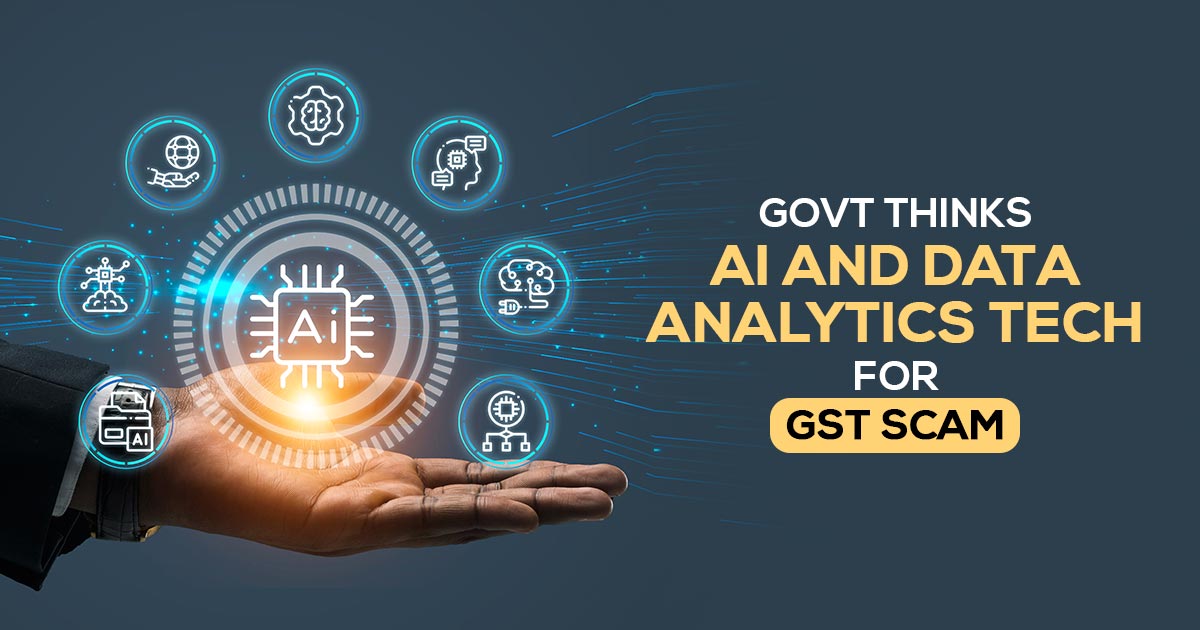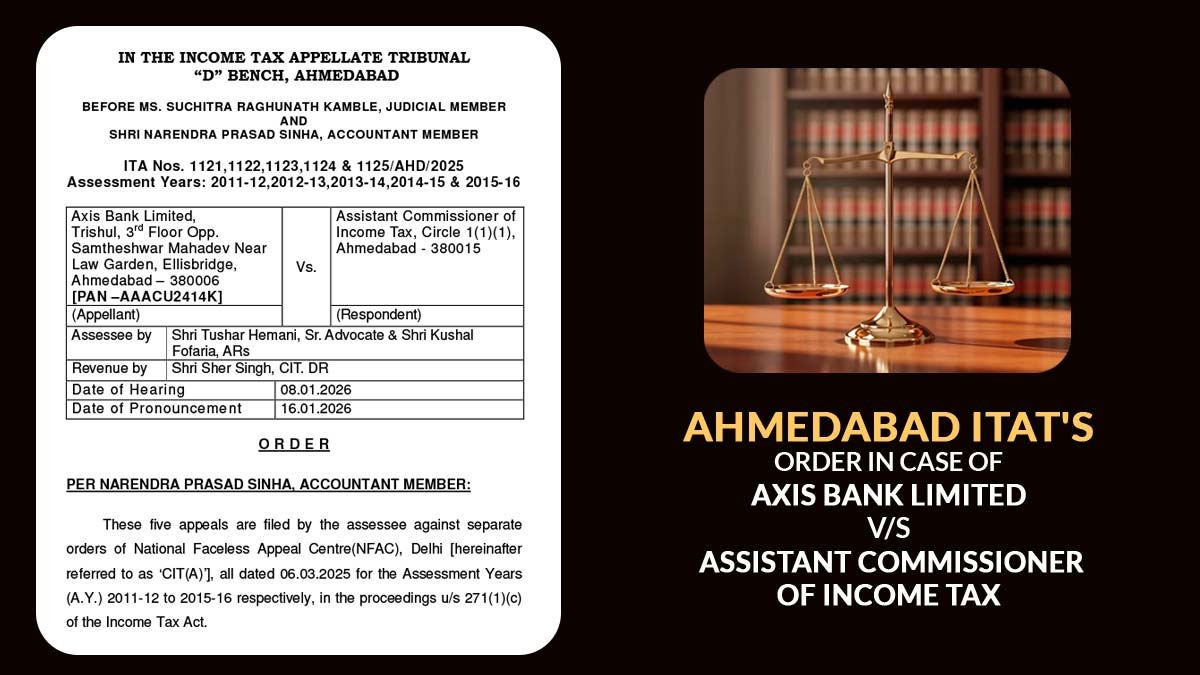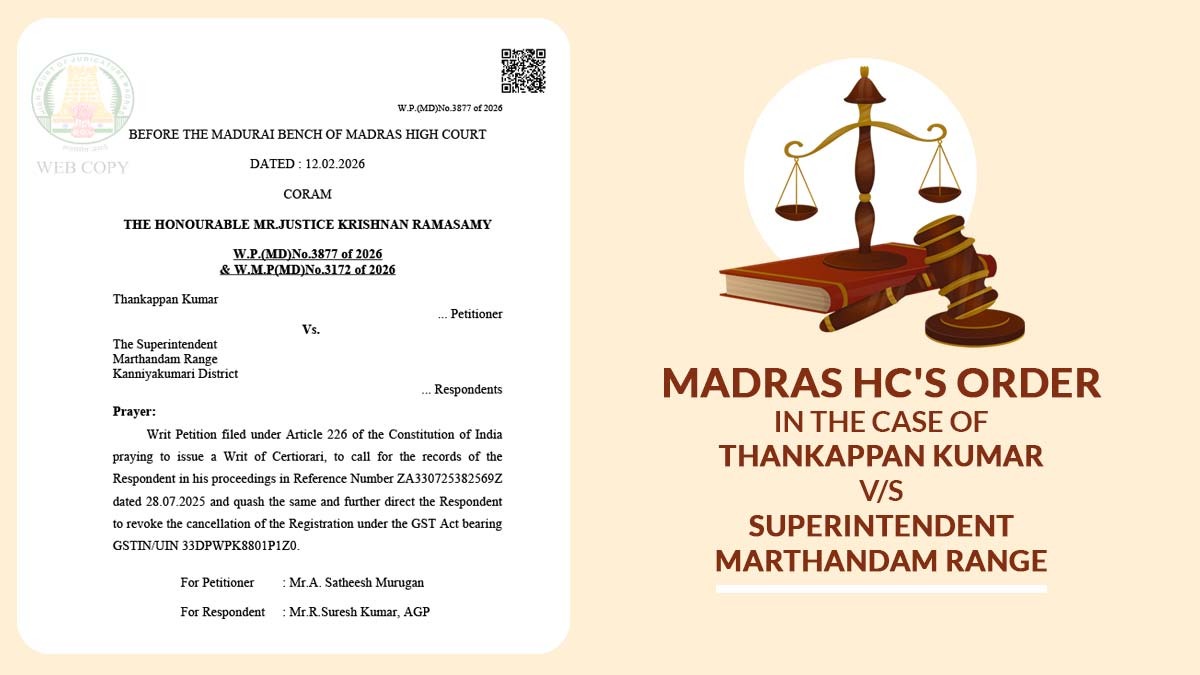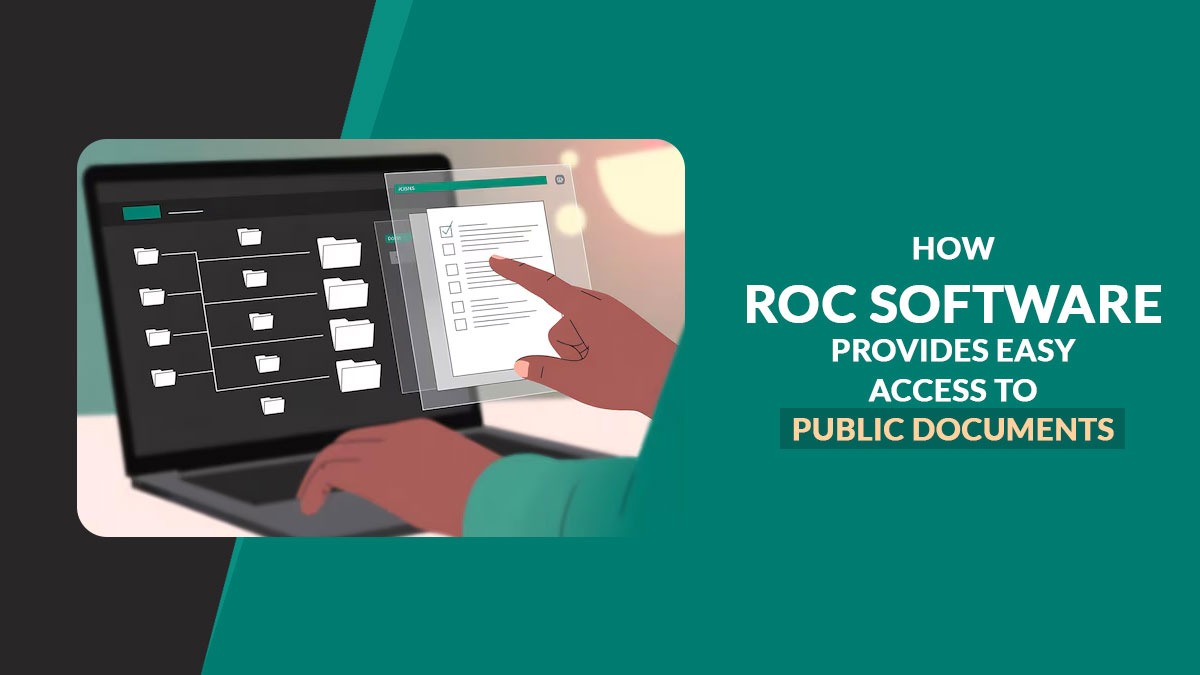
The government is contemplating a heightened use of technology-driven advanced risk profiling to prevent input tax credit (ITC) fraud. They aim to halt suspected claims until undergoing thorough scrutiny. This move comes as Goods and Services Tax (GST) evasion, totalling over ₹4 lakh crore, has been unearthed in merely four years, with less than 30% of the amount recovered. Two officials familiar with the matter disclosed this development.
Leveraging Artificial Intelligence (AI) and data analytics aids in identifying ITC frauds. However, the process of recovering these fraudulent claims is slow and often entangled in time-consuming legal hurdles. Therefore, there’s a suggestion, put forth by the two individuals speaking anonymously, to proactively prevent ITC frauds by utilizing technology. This involves early detection and temporarily holding such claims for physical verification.
Fraudsters impound ITC advantages via fake invoices of shell companies without actual supplies of goods and services. As per the official data, GST evasion of ₹2,54,235 crore was detected in the last three financial years – 2020-21 ( ₹49,384 crore), 2021-22 ( ₹73,238 crore) and 2022-23 ( ₹1,31,613 crore) – but, so far, collectively only 27.7% or ₹70,617 crore has been recovered, and 992 people been arrested.
“The case was deliberated in Parliament recently,” one of the people expressed. At the time of participating in a debate on the Central Goods and Services Tax (Second Amendment) Bill, 2023 in Rajya Sabha about the tenure and qualification of the GST Appellate Tribunal (GSTAT), Member of Parliament (MP) Sushil Kumar Modi stated ₹1.51 lakh crore worth of GST evasions have been detected in the current financial year up to October 2023. He told the house that the total GST evasion detected from 2019-20 till date could be about 4.46 lakh crore.
Addressing Union Finance Minister Nirmala Sitharaman, he highlighted, “Fraudulent credit claims [ITC] are not only troubling for the government but also for honest taxpayers. Their legitimate claims are rejected due to associations with fraudulent sources, unbeknownst to the taxpayer.” To tackle this issue, he proposed, “Establishing a strong system of risk profiles could serve as an early warning for potential suspects. Subjecting these individuals to thorough physical scrutiny before granting registration might be a necessary step.”
Addressing the proposal of determining risk profiles prior to granting input tax credit (ITC), Sitharaman assured, “These particular points have undergone extensive discussions within the GST Council, and I would like to affirm this to the Member.”
Sitharaman informed the assembly that the GST Council had previously taken measures to combat GST evasion and remains actively engaged in addressing this concern. She emphasized that discussions within the Council have revolved around topics such as risk profiling before granting input tax credit, with steps already taken to tackle these issues.
Sitharaman underscored the recurring nature of these discussions, clarifying that certain matters resurface for consideration, aiming to seize suitable opportunities for implementation. She highlighted ongoing deliberations within the Council regarding risk profiling before providing input tax credit or placing restrictions on claims.
Read Also: Best Strategies for GST Officials to Prevent ITC Fraud
The union finance ministry, the Department of Revenue, and the Central Board of Indirect Taxes & Customs (CBIC) did not answer an email query on this case. The GST Council is the empowered apex decision-making body on cases concerned with the GST. It is chaired by the Union finance minister and finance ministers of states are its members.









